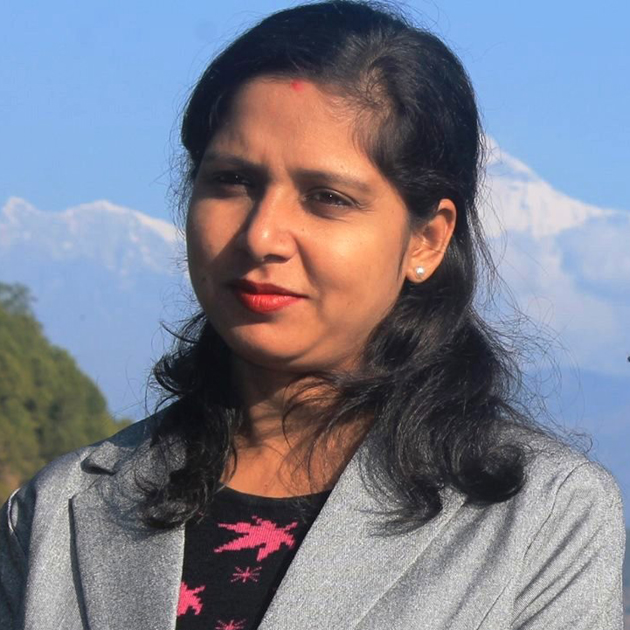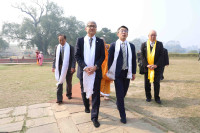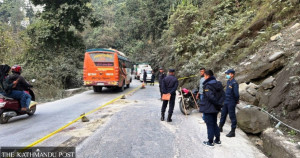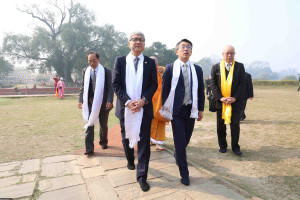Lumbini Province
Women victims of conflict era in Rupandehi demand identity card
Since the government has not addressed many of the issues faced by conflict victims, many widows say they are facing an uncertain future.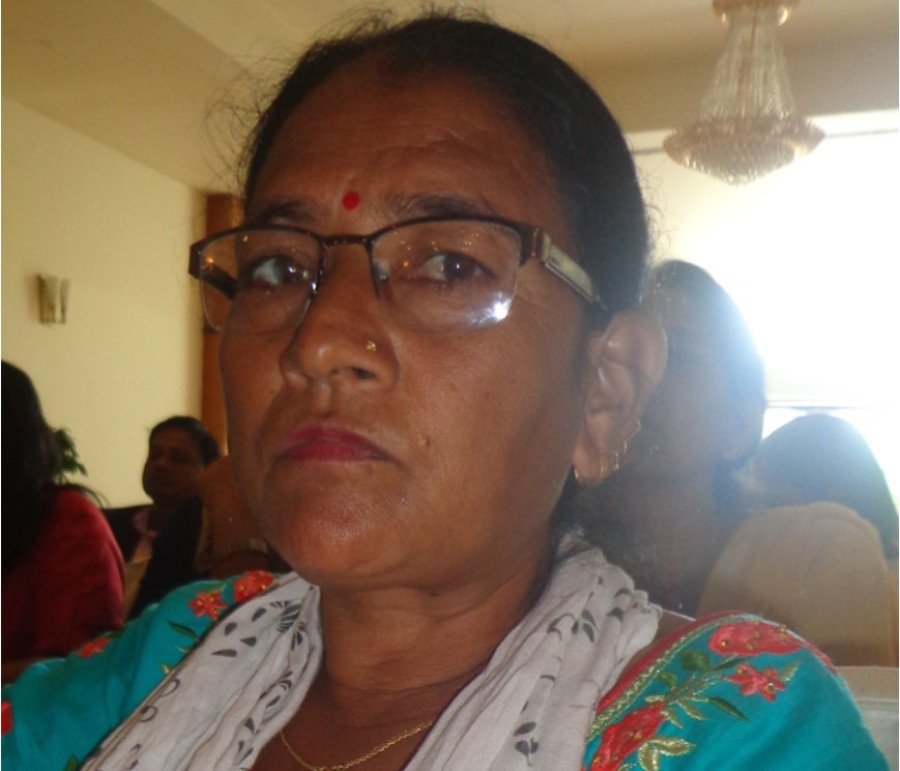
Amrita Anmol
“Our sindoor (vermilion powder worn by married women as a symbol of marriage) was wiped out for the constitution, but we got nothing in return,” laments Goma Bashyal, who lost her husband to the Maoist war. “The government has denied us justice. My husband wasn’t even declared a martyr.”
Her husband, Bhabishwor, was killed on April 24, 2001. He was 21 when he was killed. Goma was barely 18 then and pregnant with her son. “It makes me sad to tell my son what happened to his father,” Goma said. “And I don’t even have a war-victim identity card that would allow me to use state allowances set aside for war victims.” Goma has spent countless days seeking justice, but the state has remained unresponsive, she says.
Janaki Ghimire Aryal of Motipur echoes Goma’s sentiments. Her husband, Giri Prasad, was killed by the Nepal Army at his own house. After the tragedy, Janaki went abroad for work. Since she returned, she has been active in seeking justice but to no avail. “The state has completely ignored us,” Janaki said.
Janaki is a member of the Single Women’s Association, which has been demanding ‘identity cards’ that give them a war-victim identity and declare their husbands as martyrs. The government has allocated reservations for 13 groups, such as women, disabled and marginalised communities. The association wants war victims to be provided with a reservation as well.
But since the government has not yet given the right for single women to pass their dead husband’s property to their name, many widows of the war-era find themselves facing an uncertain future.
Shiva Prasad Gaudel, a rights activist with Advocacy Forum Rupandehi, said that the state has detached itself from its responsibility which is to implement the constitution while also addressing the demands of war victims. “The state provided assurance but didn’t work towards the desired effect,” Gaudel said. “Many victims are entirely aversive, even vengeful, towards the state.”
However, Kul Prasad KC, provincial minister of law and internal affairs, said that the victims should move on now and shouldn’t be fixated on wartime issues. “We should focus on how to solve the issue,” he said, vaguely. “Most of their demands are directed towards the central government. The federal government is always ready to cooperate.”
Meanwhile, Devisara Oli, whose husband was disappeared by the state during the war, said that she has been left with few options in life since she lost her husband. “We have lost our hopes for justice now,” Devisara said. “The least we expect now is a war-victim identity card.”




 11.12°C Kathmandu
11.12°C Kathmandu